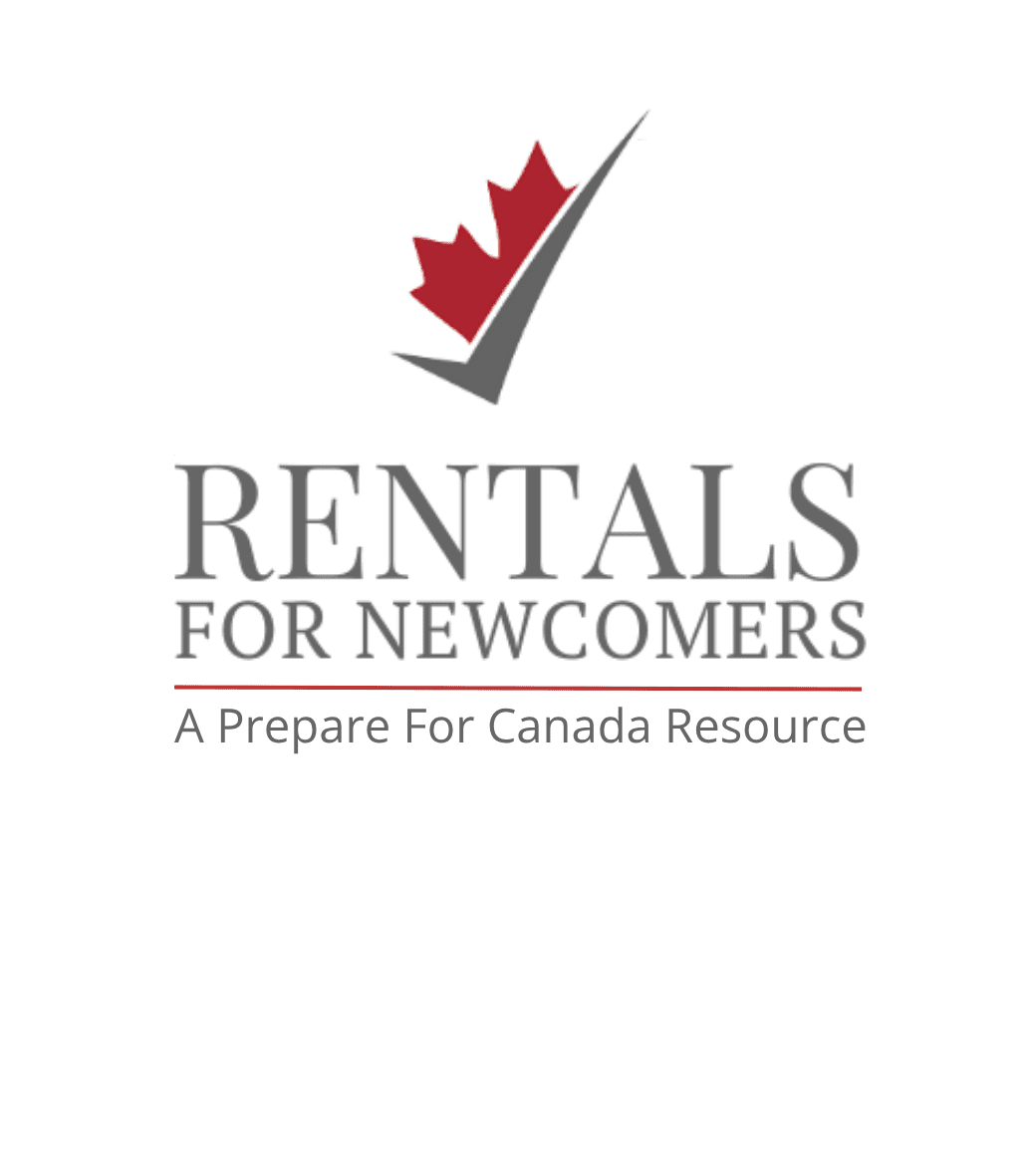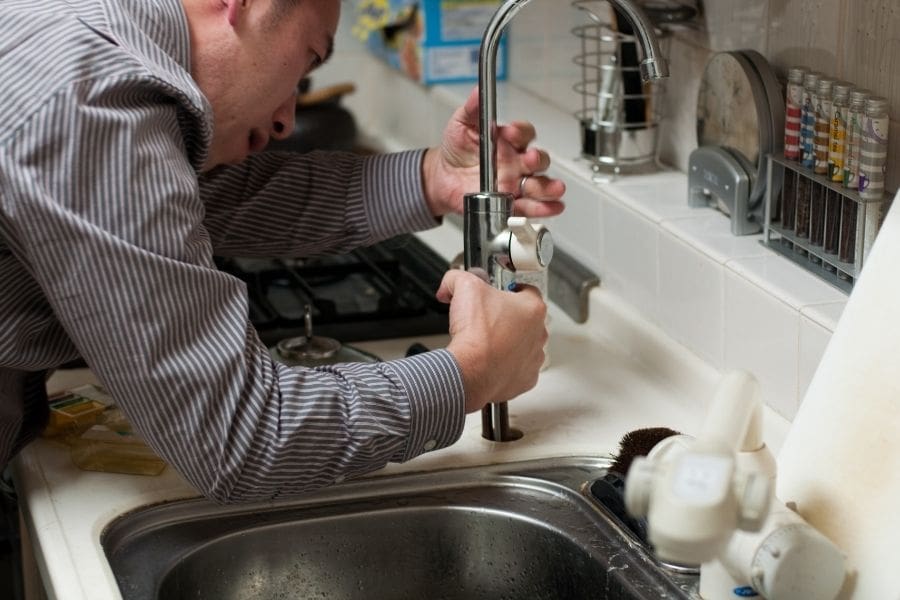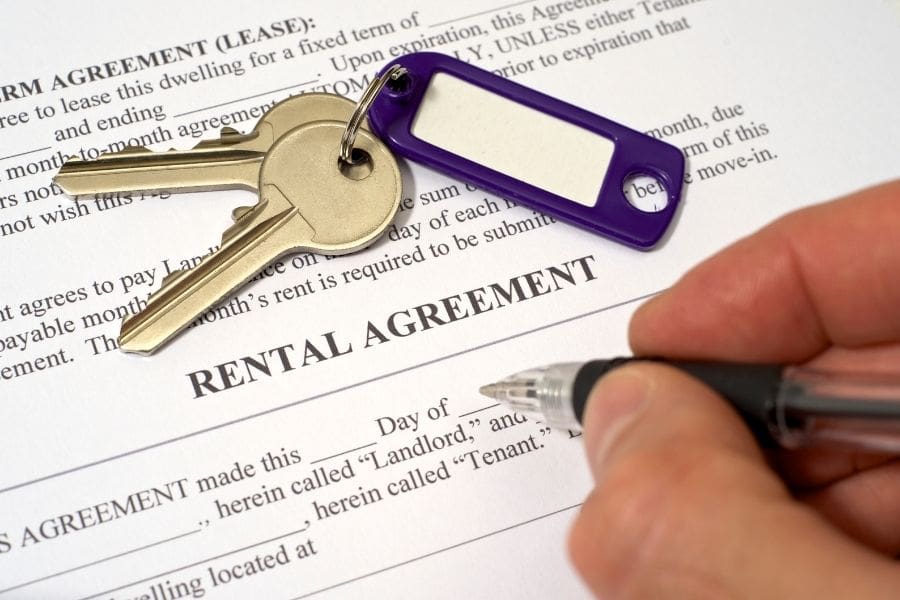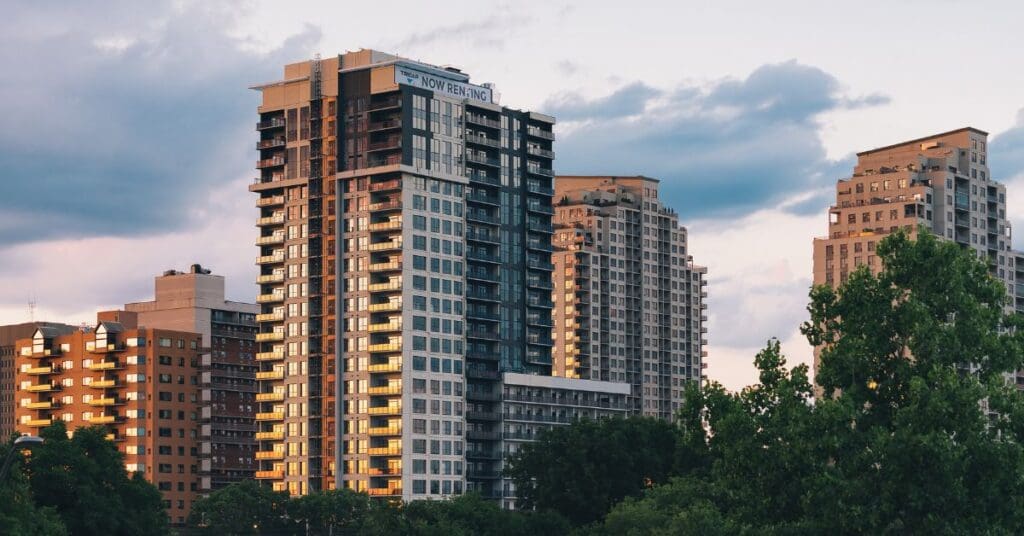FAQs About Tenant Rights in Canada
Should I hire a real estate agent to help me find a rental?
Many newcomers find it helpful to work with a licensed real estate agent (also called a realtor) when searching for a rental home. Agents know the local market, can guide you through viewings, explain lease terms, and help you avoid scams. Want to learn more? Read our guide on Working with a Real Estate Agent to Find Rental Housing in Canada.
How do I know if a rental listing is a scam?
Be cautious of unusually low rents, requests for upfront payment before viewing, or landlords unwilling to show the property. Always use trusted platforms and sign a written lease.
👉For a full list of tips, read our guide How Newcomers Can Avoid Rental Scams.
Can my landlord enter without notice?
No. Landlords must give written notice (usually 24 hours) unless it’s an emergency.
Can I be evicted without warning?
No. Landlords must follow provincial laws and inform you in writing.
Do I need a credit history to rent in Canada?
Not always. Some landlords may accept a co-signer, a higher deposit, or references instead. Read more about renting without a credit history.
What if my landlord won’t make repairs?
You can file a complaint with your provincial landlord-tenant board.










